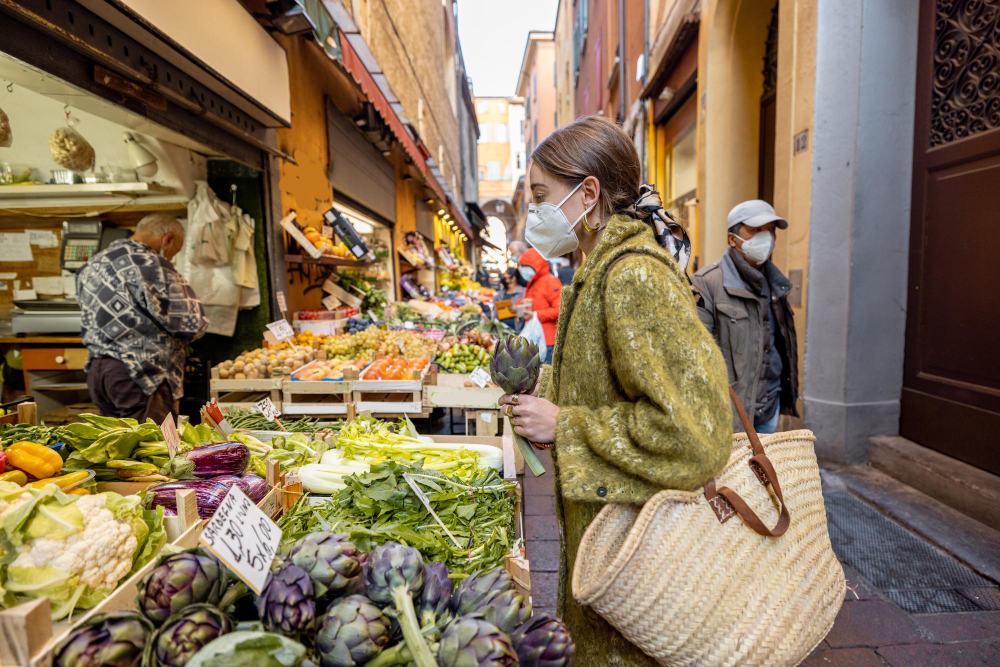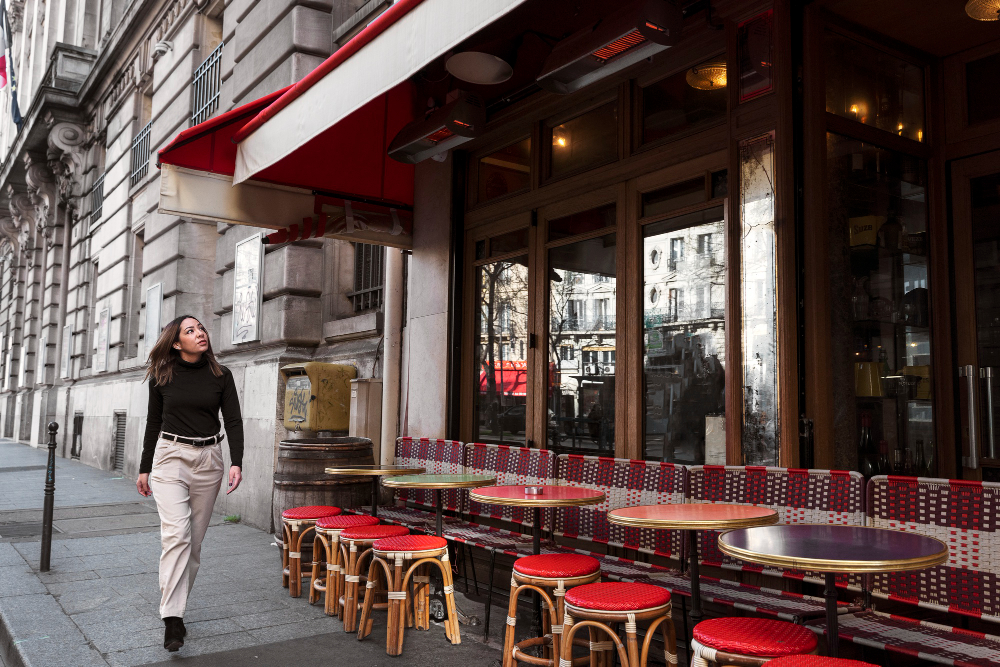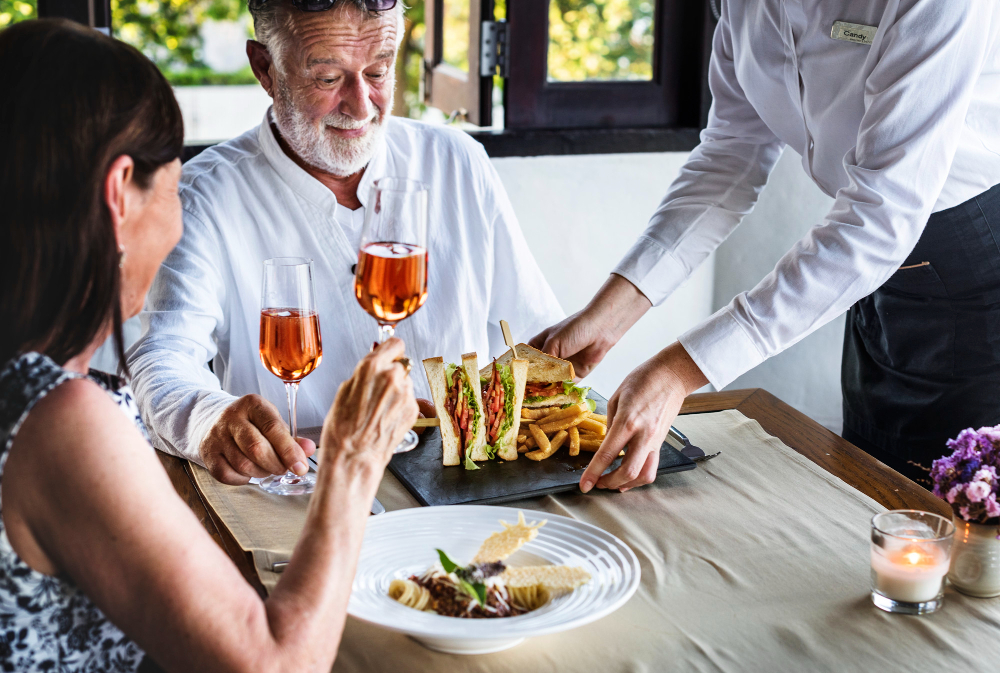Avoid common missteps by understanding these important cultural norms and taboos in Italy.

Italy is a land of beauty, history, and tradition, but navigating its rich culture requires some understanding of local customs. Visitors can unintentionally offend by overlooking common social and cultural norms. From dining etiquette to dress codes, knowing what to avoid ensures a more enjoyable and respectful experience.
Here are 11 cultural taboos you must know before traveling to Italy to help you blend in and make the most of your trip.
1. Never order a cappuccino after 11 a.m.

Cappuccinos are strictly a morning beverage, enjoyed with breakfast and rarely consumed later in the day. Italians believe milk-based drinks like cappuccinos are too heavy for digestion after meals, making an afternoon or evening order an obvious cultural misstep. Instead, opt for an espresso, which is seen as a more appropriate choice. By following this unwritten rule, you’ll demonstrate an understanding of Italian coffee culture and avoid standing out as an uninformed tourist.
2. Don’t touch produce in markets without permission

Italian markets are vibrant and lively, but handling produce without the vendor’s consent is frowned upon. Vendors meticulously arrange their stalls and prefer customers to point to items they’d like, allowing them to handle the produce. Touching fruits and vegetables yourself may be considered disrespectful. To navigate markets with ease, ask for assistance and use polite phrases like per favore (please) or grazie (thank you). Respecting this norm ensures a positive shopping experience.
3. Avoid eating or drinking near famous landmarks

Italy enforces strict rules about eating and drinking near its iconic landmarks, such as the Colosseum, Trevi Fountain, and St. Mark’s Square. This helps preserve the beauty of these cultural treasures and prevents littering. Consuming food or drinks in these areas can result in fines or disapproving looks from locals. Instead, enjoy your meals in designated areas or nearby cafés. Following these guidelines reflects respect for Italian heritage and allows everyone to enjoy these landmarks.
4. Don’t walk into churches dressed inappropriately

Italian churches, such as St. Peter’s Basilica or the Duomo in Florence, are revered sacred spaces and active places of worship. Wearing revealing attire, like shorts, tank tops, or mini skirts, can be seen as disrespectful. Covering your shoulders and knees is essential, and many churches offer shawls or scarves for unprepared visitors. Dressing modestly not only ensures access but also shows reverence for these historic and spiritual sites, leaving a positive impression on locals.
5. Avoid rushing through meals or skipping courses

Meals in Italy are not just about eating; they’re about savoring food and enjoying the company of others. Italians take their time, relishing each course in a multi-course meal, from appetizers (antipasti) to dessert (dolce). Rushing through a meal or skipping courses disrupts the cultural experience and may appear dismissive. Instead, embrace the leisurely pace and engage in conversation. Fully immersing yourself in the Italian dining tradition enhances your experience and shows cultural appreciation.
6. Don’t expect businesses to stay open all day

Many Italian businesses, especially in smaller towns, close in the afternoon for riposo, a midday rest similar to a siesta. This break, usually between 1 p.m. and 4 p.m., allows employees to enjoy a relaxed lunch or rest. Tourists unfamiliar with this custom may find it inconvenient. To avoid frustration, plan your shopping or activities around this schedule. Accepting this slower pace as part of Italian life will help you adjust and enjoy your visit.
7. Avoid calling Italians by their first name too quickly

Italians value formality in initial interactions, especially in professional or traditional settings. Using titles like Signore (Mr.), Signora (Mrs.), or Dottore (Doctor) when addressing someone is a sign of respect. Wait until invited to use their first name. Jumping to informal terms too soon may come across as overly familiar. Understanding this cultural nuance demonstrates good manners and respect, helping you build positive relationships and navigate social interactions smoothly.
8. Don’t expect speedy restaurant service

Dining in Italy is designed to be an unhurried, social experience, so expecting quick service is a common mistake. Servers won’t rush you, as meals are meant to be savored. It’s also customary to request the check (il conto), as it won’t be brought automatically. Embrace this relaxed pace by enjoying the atmosphere and conversation. Understanding the importance of taking your time during meals reflects respect for Italian dining culture and enhances your experience.
9. Avoid tipping excessively at restaurants

In Italy, tipping is modest compared to countries like the U.S. A service charge is typically included in the bill, so leaving a few euros or rounding up is sufficient. Over-tipping can come across as unfamiliar with local customs. Understanding this practice ensures smooth dining interactions and avoids awkwardness. Appreciating Italian norms around tipping demonstrates cultural sensitivity and allows you to enjoy a more authentic dining experience without overcompensating.
10. Never disrespect or mishandle Italian food traditions

Food is a source of pride in Italy, and disregarding culinary traditions can offend locals. Common mistakes include asking for ketchup with pasta or sprinkling cheese on seafood dishes, which go against established customs. Italians appreciate when visitors respect their time-honored recipes and flavor pairings. If unsure, follow the menu as it’s presented or seek recommendations. Acknowledging and honoring these food traditions shows respect for Italian culture and enhances your dining adventures.
11. Don’t assume punctuality is a priority everywhere

While punctuality is expected in professional settings, social gatherings in Italy often allow for more flexibility. Arriving a few minutes late to a dinner or casual event is typically acceptable and even expected. However, excessive tardiness without notice is considered rude. Communicating delays and understanding this relaxed approach helps you navigate social situations with ease. Embracing this cultural norm demonstrates adaptability and ensures your interactions in Italy are positive and respectful.
